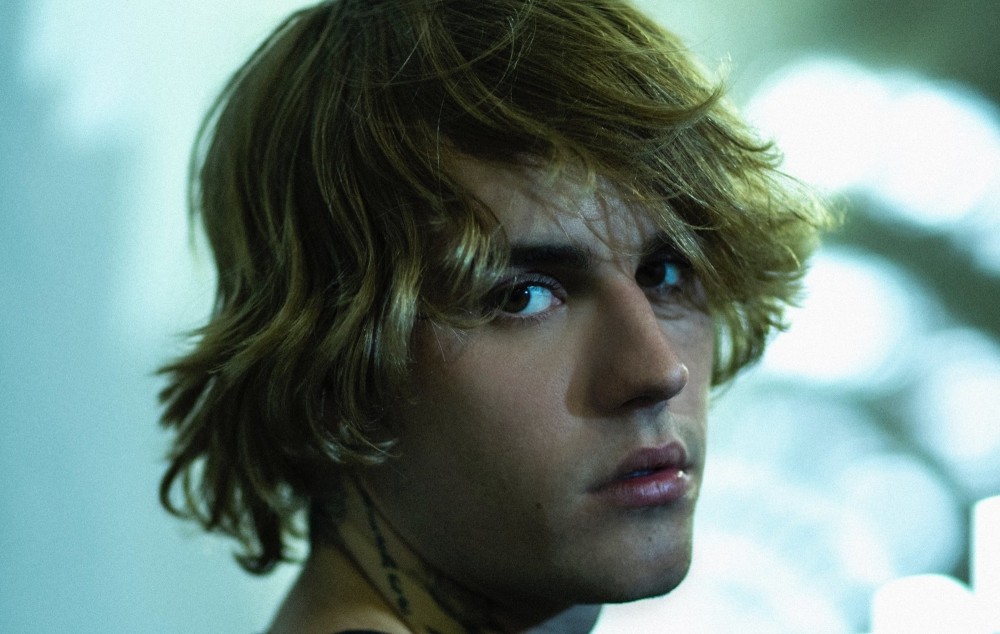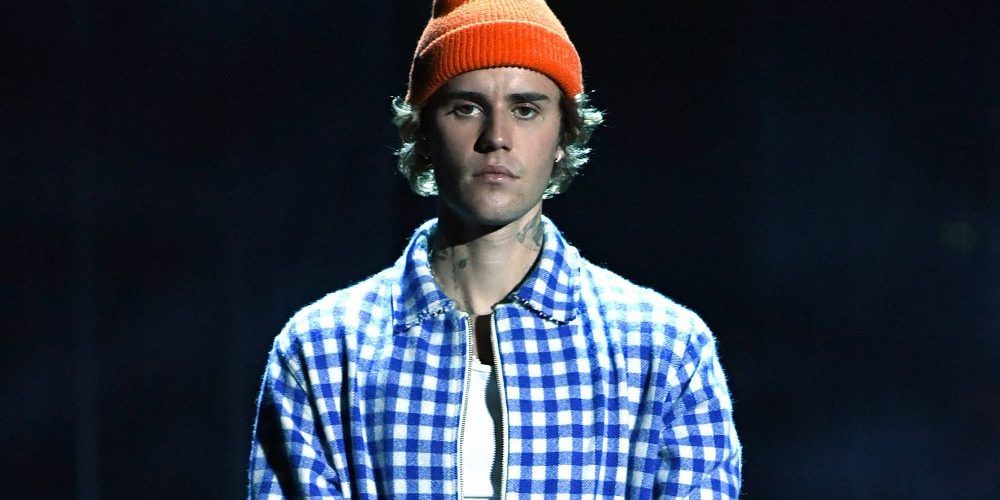Justin Bieber addresses backlash over Dr. Martin Luther King Jr. samples on ‘Justice’
Justin Bieber has addressed the backlash he recently received over the inclusion of samples of Dr. Martin Luther King Jr. on his new album ‘Justice’.
The record includes the track ‘MLK Interlude’, which features audio of the civil rights leader delivering the sermon ‘But If Not’ at the Ebenezer Baptist Church in Atlanta, Georgia in April 1967. Dr. King’s voice is also sampled on the opening track ‘2 Much’, and he is posthumously credited as a songwriter on the two tracks.
Bieber initially faced a wave of criticism for the Dr. King samples, with Rolling Stone calling them “a jarring musical misstep” and Insider deriding the singer’s use of Dr. King’s speeches as “performative”.
However, Bieber received public support from Dr. King’s daughter Bernice King on March 18 – the day before ‘Justice’ was released – for his support of and donations to The King Center and their #BeLove campaign. Bieber has also supported a number of other organisations “that embody what justice looks like in action”.
Each of us, including artists and entertainers, can do something.
Thank you, @justinbieber, for your support, in honor of #Justice, of @TheKingCenter’s work and of our #BeLove campaign, which is a part of our global movement for justice. #MLK #EndRacism https://t.co/nTkR1XdcvW
— Be A King (@BerniceKing) March 18, 2021
Speaking to the Bieber Nation club on Clubhouse yesterday (March 30), Bieber spoke about his upbringing in Canada where he says he wasn’t “taught about Black history”.
“It was just not a part of our education system,” Bieber said [via Billboard]. “I think for me, coming from Canada and being uneducated and making insensitive jokes when I was a kid and being insensitive and being honestly just a part of the problem because I just didn’t know better. For me to have this platform to just share this raw moment of Martin Luther King Jr. in a time where he knew he was going to die for what he was standing up for.”
Bieber continued by saying that he was willing to endure “as much hate by putting [Dr. King’s speeches] on the album” for the bigger purpose he hopes it will serve in demonstrating what justice looks like. He added that he had intended to “amplify” the civil rights leader’s “incredibly touching speech” by including it on ‘Justice’.

“I want to keep growing and learning about just all social injustices and what it looks like for me to be better, what it looks like for my friends to be better,” he said. “And I know I have a long way to go. I love that when people are listening to my album, these conversations are coming up and they’re like, ‘Well, how is he going from Martin Luther King Jr. into a love song?’”
“I’m not trying to make a connection between me and Martin Luther King Jr.. That’s why I never try to talk about social injustice or I didn’t want to be the one to talk about it because I just have so much more learning to do. But I have this man who was ready to die and what he believed to be true. If I’m not willing to face some sort of ridicule or judgment of people wondering my motives or whatever that is, for me, it was a no brainer.”
Bieber previously said when announcing ‘Justice’ that he knows he “cannot simply solve injustice by making music, but I do know that if we all do our part by using our gifts to serve this planet, and each other, that we are that much closer to being united”.
